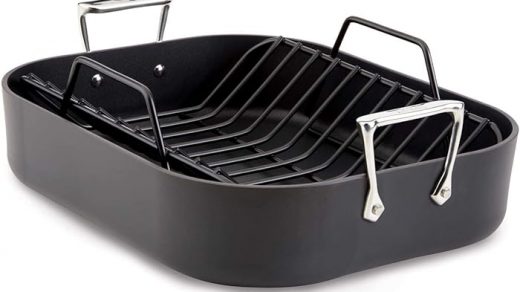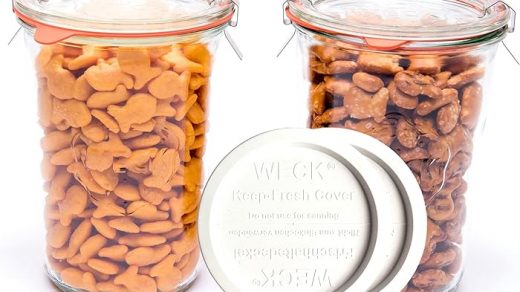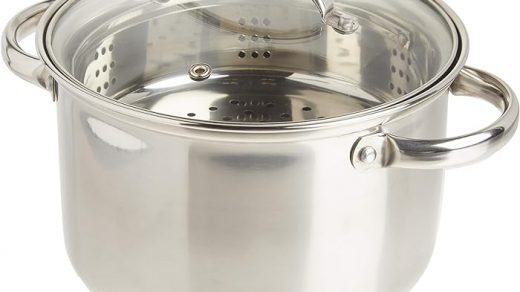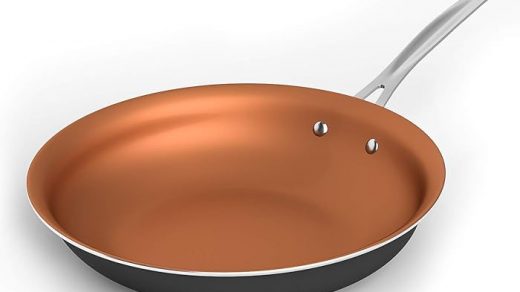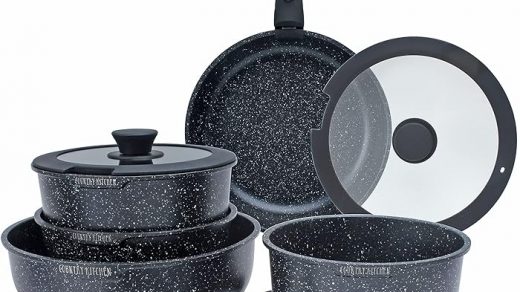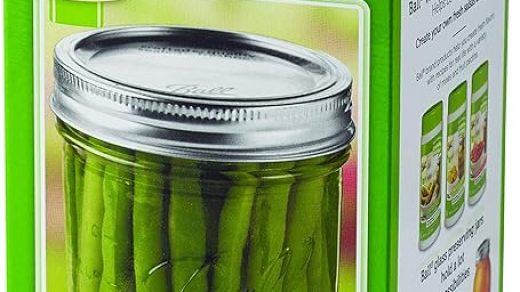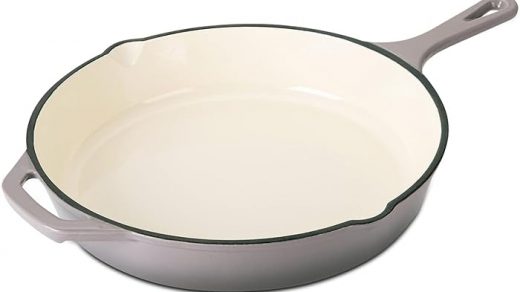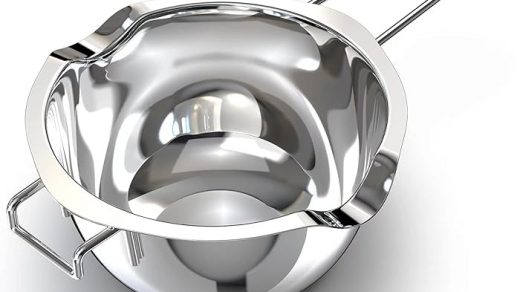Raw sugar crystals typically contain 97 to 99% sucrose, with the remaining part mostly moisture. This composition makes cane sugar a natural sugar, while granulated sugar is processed. Sucrose, found in both sugar cane and sugar beets, is a compound of glucose and fructose in a 1:1 ratio. Sugar cane, a crop with a long growing period and large biomass, requires numerous cultivation and management steps from planting to harvest. In contrast, beet sugar accounts for only 20% of global sugar production, with sugar cane contributing the remaining 80%.
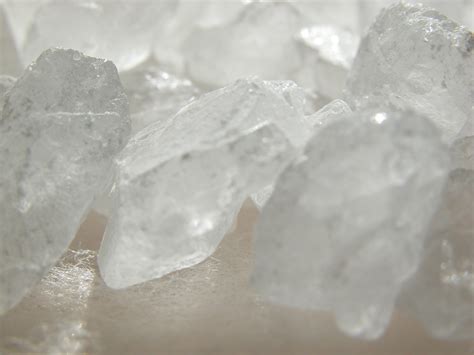
Molasses, also known as black treacle, is derived from boiling sugarcane or sugar beet juice. It contains low polymeric sugars that can be enzymatically hydrolyzed to produce fermentable sugar. The CocoPacific Organic Coconut Sugar, an unrefined natural sweetener, emerges as a healthier alternative to cane sugar for various uses like coffee, tea, baking, and cooking, thanks to its low glycaemic index and non-GMO attributes.
The government has announced the maintenance of an ATQ quota of 260,000 tonnes for raw cane sugar starting from January 1, 2021. Technological advancements in sugar processing have led to more efficient sugar presses, doubling the juice extracted from sugar cane. The flavorful sweetness of organic cane sugar is increasingly preferred over regular white sugar. Sugar cane molasses, a by-product of sugar processing, is a primary ingredient in rum production.
Cane sugar is often whitened using bone char, a fact that makes it non-vegan for some consumers. Unlike highly refined granulated sugar, cane sugar is minimally processed and sourced exclusively from sugarcane. Proper storage of sugar, in a cool, dry place and in an airtight container, ensures its longevity. Sugar is a versatile ingredient, used in various culinary applications, from sweetening drinks to baking.
Despite common beliefs, raw sugars like demerara undergo significant refining. Maple syrup serves as a popular alternative to cane sugar in many recipes. Approximately 80% of the world’s sugar comes from sugar cane, cultivated by millions of small-scale farmers across various continents. When replacing dark brown sugar with evaporated cane sugar or demerara, the resulting dish might have a paler color and less intense flavor. Sugar cultivation for large-scale refinement began in Madeira, with Antwerp becoming a center for refining and distribution. Initially, sugar extraction involves processing the canes to remove major impurities, followed by drying.
In summary, while sugar does not spoil in terms of mold or spoilage, its quality and flavor can degrade over time.
